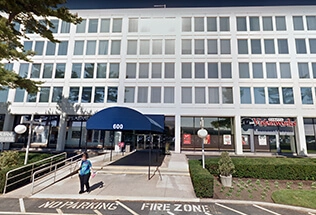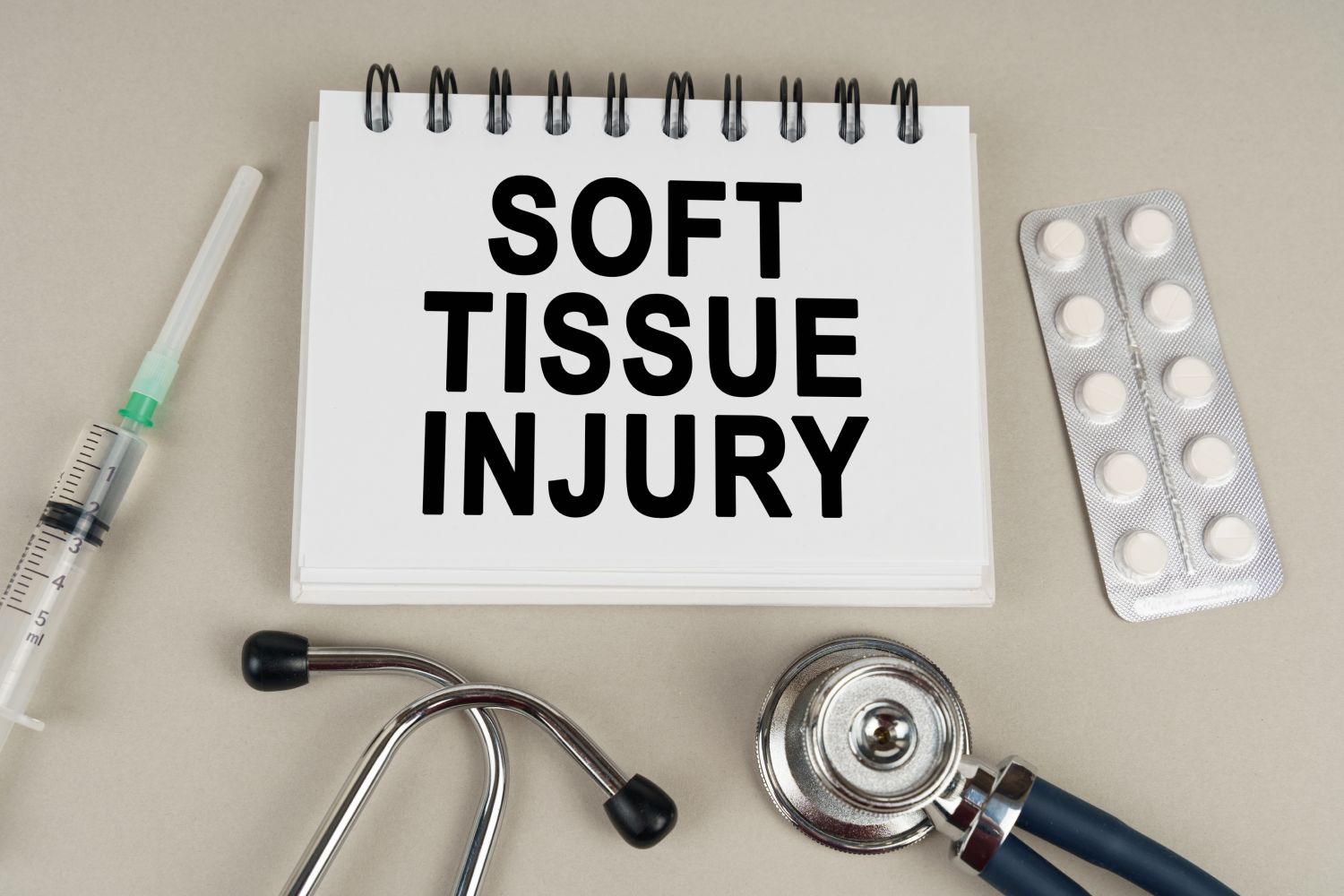After filing a workers’ compensation claim, you are usually required to meet with a licensed medical professional who will examine you and determine whether you qualify for compensation benefits. While you should be honest, you also need to know what not to say to a workers’ comp doctor in order to maximize your benefits and avoid accidentally disqualifying yourself.
At Schwartzapfel Lawyers, we know exactly what you should avoid saying in any meeting with a workers’ comp doctor. Below, we’ll share these insights and others. If, however, you would prefer to speak with an experienced workers’ comp attorney directly, you can contact Schwartzapfel Lawyers by phone at 1-516-342-2200. Alternatively, you can schedule your free consultation when you visit us online today!
Why Do You Need To Visit A Workers’ Comp Doctor?
When you file a claim for workers’ compensation, you need to visit a doctor. In short, this is because:
- Your workplace needs to know that your injury is legitimate
- The insurance company that provides workers’ comp coverage to your employer will want to know if the injury is legitimate and actually happened in the workplace or while in the performance of work-related duties
You might wonder why this is necessary if you presumably visit a medical professional when you are initially injured. For example, maybe you break a bone in the workplace, then go to the ER.
Even if you see a primary physician or another medical professional to get medical attention after a work-related injury, you’ll still need to visit a medical professional employed or contracted by your employer’s workers’ comp insurance company. The workers’ comp insurance company will only believe the report from its trusted professional.
The purpose of this evaluation is to make sure that the insurance company only pays out workers’ comp coverage to the employees who really need it. Insurers have to do this to avoid being liable for FELA claims and other legal risks.
Now, you shouldn’t worry about this appointment, as it won’t necessarily put your workers’ compensation benefits at risk. In fact, you can think of your workers’ comp evaluation as a chance to highlight the severity of your injuries and request as much financial compensation as possible.
To this end, you should know that if the workers’ comp medical professional finds that your injuries are legitimate and severe, you could receive higher workers’ comp payouts than initially expected.
What Shouldn’t You Say To A Workers’ Comp Medical Professional?
At the same time, you’ll want to avoid certain verbal pitfalls or mistakes that can cause a medical professional to write that your injuries aren’t as severe or debilitating as they actually are. In the worst cases, you might say something that causes a medical professional to write a report to the insurance company that leads to a claim denial!
With that in mind, here’s what you should not say to a workers’ comp medical professional.
Falsehoods About Prior Injuries Or Your History
You should never lie during your meeting with the doctor, psychiatrist, or other medical professional. This includes falsehoods about your prior injuries, your workplace history, and your medical history.
Any falsehood you tell the workers’ comp doctor could cast doubt on all other statements going forward, like your recounting of the injuring incident and how you were hurt in the workplace. So, please, protect yourself and your workers’ comp claim and don’t lie to the medical professional, even if you think it may hurt your chances of recovering monetary compensation and/or benefits.
For example, if you broke your leg (10) years ago, then broke the same leg in the workplace, you shouldn’t hide that fact out of fear that the evaluating doctor will just claim your current symptoms are manifestations of old injuries.
Falsehoods About How Your Injury(s) Occurred
Similarly, you should never lie about how your injury occurred, even if you are doing something that your employer may not necessarily approve of. For instance, say that you were injured on the job when taking an extra five-minute break. Be honest about this fact rather than trying to cover it up.
Any falsehood will make your entire testimony seem suspect, which could compromise your workers’ comp benefits. Furthermore, if you were doing something illegal at the time of your on-the-job injury, trying to cover the sub could be considered a form of fraud, putting you in even more legal hot water.
Exaggerations Of Your Symptoms
Do not exaggerate your symptoms or try to make them seem more severe or painful than they actually are. As a general rule of thumb, you should always be honest when speaking with qualified medical professionals.
Not only does this help the evaluating professional get an honest read of your symptoms and the level of compensation you need, but it will also help you get the medical treatment you require going forward. In addition, many medical professionals can sniff out exaggerations. The last thing you want is for the evaluating doctor to think you are “faking it.”
For more on this, speak with one of our skilled workers’ comp attorneys by calling Schwartzapfel Lawyers at 1-516-342-2200 now!
Downplaying Statements Of Your Symptoms
By the same token, you shouldn’t downplay your symptoms. If you do, you could cause a medical professional to think you don’t need any workers’ comp benefits or payments whatsoever.
Remember: You want to get the most workers’ comp coverage possible. Be honest about your symptoms, the pain you experience, and any day-to-day difficulties you may feel.
Falsehoods About Your Injury Timeline
To reiterate, don’t lie about any elements of your injury timeline. For example, if you were injured seven (7) days prior to your evaluation, be sure to tell your doctor the exact date.
Any alterations you make to the timeline will be discovered by the evaluating professional. These can also be seen as attempts for you to worsen your condition on purpose so you get higher workers’ comp payouts.
Contradictory Statements From Those You Already Reported
When you receive medical attention for your on-the-job injury initially, you must have made one or more statements to the attending physician you visited. Make sure you give the same statements to the evaluating medical professional now.
Contradictions between the statements could be used as evidence by the insurance company or their lawyers that you are lying, exaggerating your symptoms, etc. That said, while your statements don’t have to be exact matches, you should try to have them as close to identical as possible.
If you need help with this, workers’ comp attorneys like Schwartzapfel Lawyers could help. Contact us online or at 1-516-342-2200 for more information.
Negative Remarks About Your Employer Or Coworkers
Lastly, please do not make any negative remarks about your employer, coworkers, or parties who could be responsible for your injuries. Note: Jumping to assign blame can often have unintended consequences that can negatively impact your case.
Moreover, it’s important to understand that the medical professional conducting the evaluation is not tasked with assigning blame or determining fault for your injuries. As such, engaging in discussions on these matters during the evaluation can be counterproductive and likely won’t get you far in your pursuit of compensation and benefits.
How Can You Make Sure Your Workers’ Comp Evaluation Goes Smoothly?
Just like there are ways to “fail” your workers’ comp evaluation, there are also ways you can make it go more smoothly or maximize your chances for a favorable outcome, including:
- Showing up on time for your evaluation appointment. If you are late, it could reflect poorly on your character or irritate a medical professional. Even though they should not let this affect their judgment, they’re still fallible human beings.
- Being upfront and honest in your language when discussing your symptoms, timeline, the injuring incident, etc.
- Being cooperative and friendly with the evaluating medical professional. The easier you make their job, the more likely they are to recommend a favorable workers’ comp judgment to the insurance company.
Note: You can prepare for your workers’ comp medical evaluation by working with your attorneys. They will instruct you as to what the medical professional is likely to ask and how you should respond, which can be a good way to get over any nerves you may have prior to the evaluation.
Contact Schwartzapfel Lawyers Today
By adhering to the guidelines outlined above, you’ll put yourself in the best possible position to be approved for workers’ compensation benefits and could increase the amount of money you receive with each payment. If, however, your workers’ comp claim is denied for one or more reasons, it’s a good idea to get in touch with experienced attorneys.
At Schwartzapfel Lawyers, we know the ins and outs of New York State workers’ comp laws, and we’re confident we can help you get the financial compensation you deserve. Get in touch with us today by calling 1-516-342-2200 or visit us online to schedule your free case evaluation. It will be our honor and privilege to fight for you!
DISCLAIMER: Nothing on this page should be considered legal advice. You should seek the appropriate counsel your situation requires. For more information, call 1-516-342-2200 now!
Sources:
Schwartzapfel Lawyers, P.C. | Fighting For You™™
What is Workers’ Compensation? | Workers’ Compensation Board of New York
Evaluation and Management Costs in Workers Compensation | NCCI.com


















